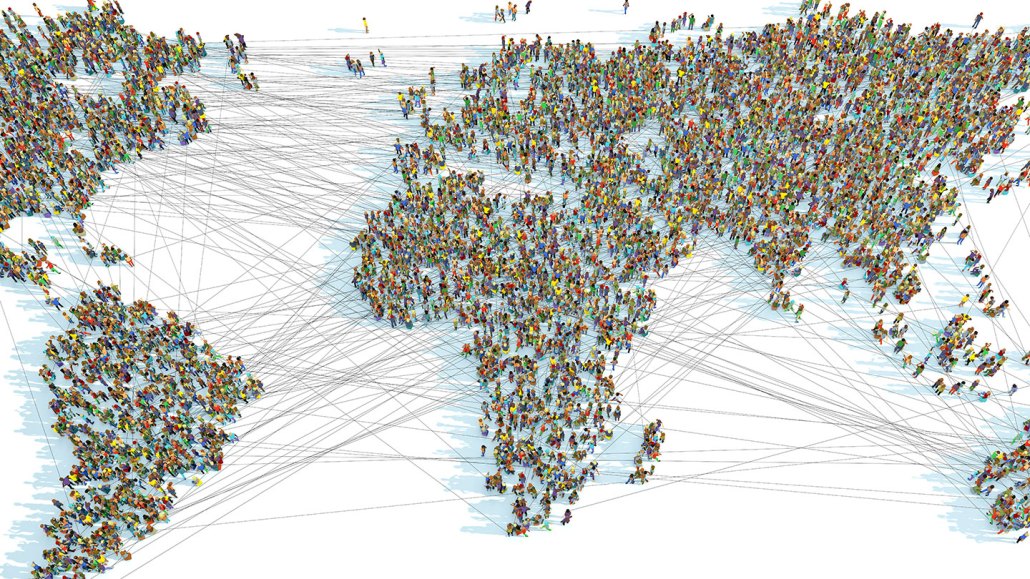Questions for ‘Will the internet soon reach the one-third of people without it?’

More than a third of the world’s population lacks internet access. Many people who can’t get online live in rural areas or where industrialization has not yet arrived. New tech aims to help such communities connect.
Christoph Burgstedt/iStock/Getty Images Plus